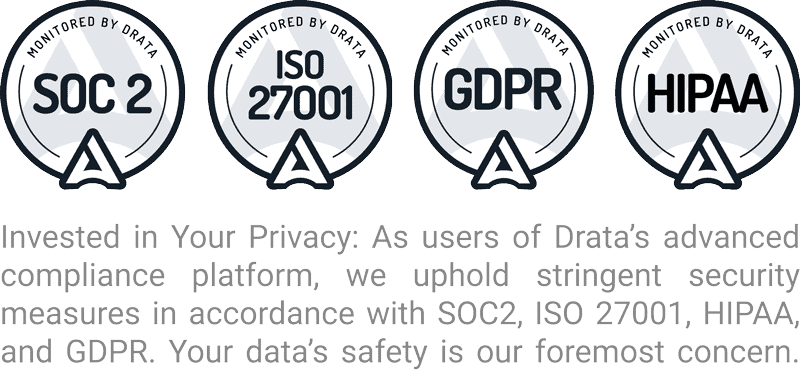Five Things to Consider When Buying Visitor Tracking
![]() People often ask me ‘What should I look for in a visitor tracking solution’? Here are five things to consider when buying visitor tracking that will help you eliminate inadequate providers:
People often ask me ‘What should I look for in a visitor tracking solution’? Here are five things to consider when buying visitor tracking that will help you eliminate inadequate providers:
- Does the program have active or passive visitor tracking capabilities (or both). Active visitor tracking will allow your sales and marketing teams to directly engage high value targets and identify their visits nearly 100% of the time. Passive visitor tracking relies on people wandering onto your website and someone being identified (more on that later). Active visitor tracking offers the following advantages over passive visitor tracking:
- Track prospects that you met outside of the website
- View ongoing interest of existing customers
- Understand the potential buyer’s true timing (as opposed to what they told you) and availability
- Is the program relationship based vs event based? That means that someone that returns to your site 3 times in a week will appear to be three different people. I don’t know about your sales strategy, but a client that comes to my “store” on a regular basis warrants a lot more attention than three lurkers that show no further interest. You should always select a program that gives you relationship based data. Event based systems are way behind the curve, and will cost your company sales.
- Is the individual/company that visited your site provided? It seems unbelievable, but there are still visitor tracking companies that won’t give you names (or company names) of your visitors. If your goal is just to track generic traffic, use Google Analytics. If your goal is to learn about individuals whom you hope to cultivate a business relationship with then use a platform like Lead Liaison.
- Will your data be shared? The majority of visitor tracking companies use your data to help your competitors build a correlation between IP addresses and names. We think that this is a dirty practice that results in errors and potential legal problems, let alone losing business that your company might be entitled to, to your competitor. It’s a lazy approach to visitor tracking and we would never recommend using a company that shares data.
- Integration and reports: Daily reports are a basic necessity of every company. Real-time alerts are important to companies with high value sales opportunities. I would also survey potential vendors to learn about how they can help you interface with your CRM and marketing automation visions.
It also doesn’t hurt to explore what other solutions the vendor has to offer. If you go with their solution just for visitor tracking will you be “trapped” and not have a broader-based solution offering marketing automation that you can grow into? We’ve seen several companies spend thousands of dollars on visitor tracking to find out they still need marketing automation; then they find themselves investing in two disparate platforms. Costs sky rocket as companies pay for two separate solutions and have higher total cost of ownership managing two separate platforms. Why not have both visitor tracking and marketing automation tightly integrated into a single software platform?
The bottom line: Visitor tracking programs can be an incredible asset for your sales efforts. These tools are affordable, super easy to use, produce results day one, and show the most rapid ROI of any marketing investment that I’ve seen. Make sure to remember these things to consider when buying visitor tracking and be sure your vendor gives you the right answer to all five topics above. If you do, then you are on your way to making one of the best sales & marketing investments in your company’s history.


